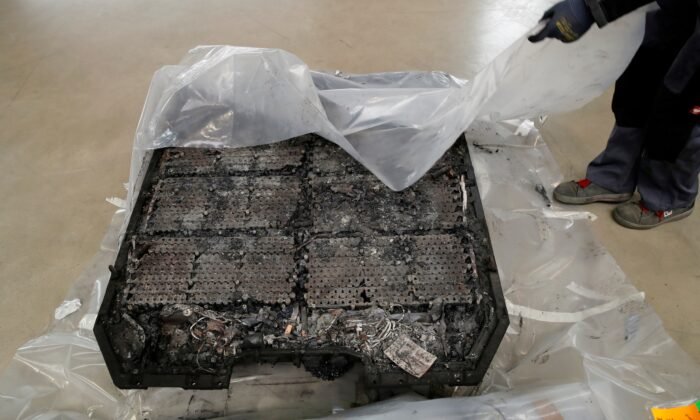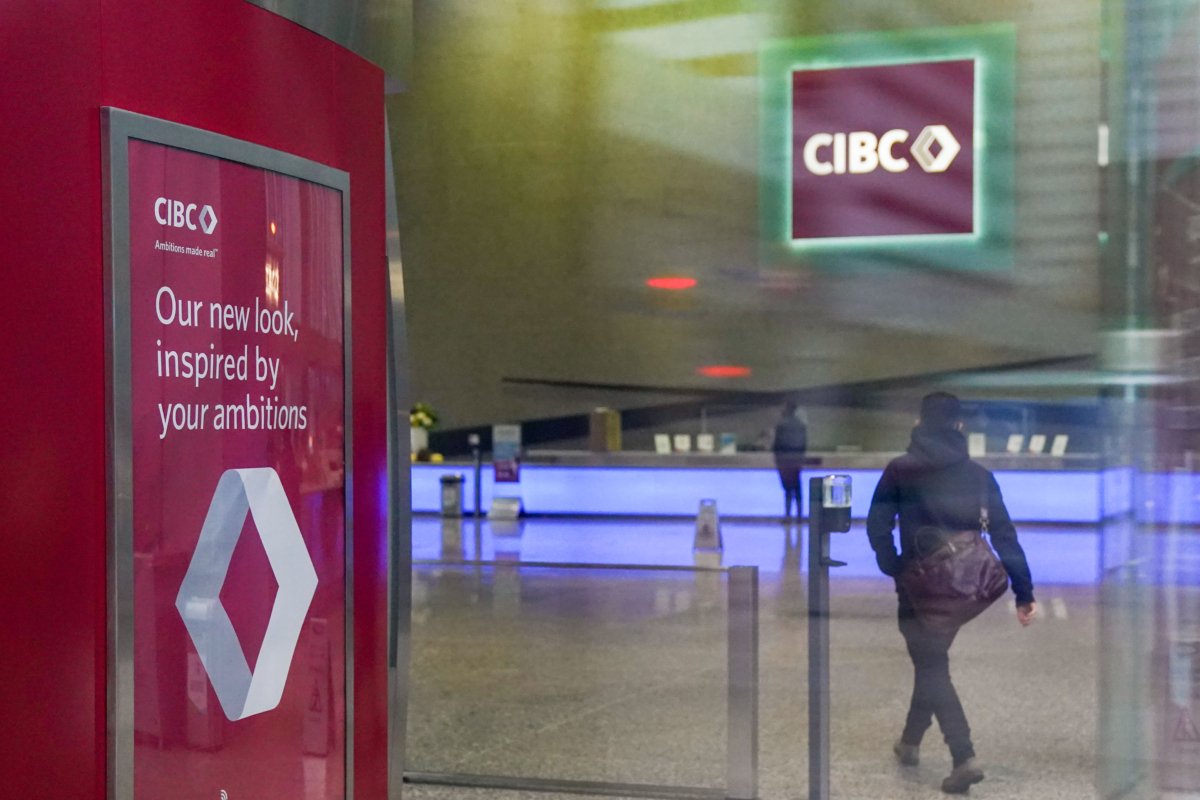First Battery Fire Death in State Kills 2 Due to Exploding Lithium-Ion Battery
Emergency crews found the 2 bodies during an initial search of the house, with the fire eventually being put out.
Two individuals tragically lost their lives in a residence in Newcastle due to a lithium-ion battery exploding, marking what firefighters believe to be the first fatalities linked to a battery fire in New South Wales (NSW).
A battery that had been damaged went into “thermal runaway,” heating up, emitting toxic gases, and bursting into flames in a townhouse in Teralba, Newcastle, around 4:10 a.m. on Feb. 29, according to Fire and Rescue NSW (FRNSW).
Police initially discovered one body in the building and subsequently found a second body as the search continued on March 1, with two other individuals managing to escape the fire.
He described the battery fire as extremely intense and unpredictable, posing significant challenges for firefighters due to the extreme heat they generate.
“Our hearts go out to the family and friends impacted by this tragic loss and to the Teralba community.”
Emergency responders successfully extinguished the fire at the townhouse where the deceased were found, but the structure sustained significant damage.
Meanwhile, NSW police are in the process of identifying the victims after their bodies were recovered from the wreckage and will be compiling a report for the NSW coroner.
The incident has sparked an online discussion about the safety of lithium-ion batteries and the steps taken to protect communities.
In response to public concern, FRNSW has shared information about their ongoing collaborative research program on the Safety of Alternative and Renewable Energy Technologies (SARET), as lithium-ion batteries play a crucial role in Australia’s journey towards net zero emissions.
In partnership with international allies, the program aims to investigate how crews deal with lithium-ion battery fires, mitigate hazards from used lithium-ion batteries, manage indoor electric vehicle fires, and address fire propagation in battery energy storage systems.
“We anticipate that this research will have an impact on the future of lithium-ion battery safety and management in Australia and beyond,” FRNSW stated.
Lithium-Ion Battery Safety: A Complex Challenge
Managing the safety of lithium-ion batteries is a complex task, as batteries can overheat or explode due to various factors, such as incorrect usage, charging, disposal, or damage.
By 2026, households are projected to have an average of 33 lithium-ion battery-powered devices, underscoring the pressing need for improved disposal methods, according to the Australian Competition Consumer Commission (ACCC).
“Consumers should refrain from disposing of lithium-ion batteries in household waste and should consult recyclemate.com.au and bcycle.com.au for guidance on safe disposal,” Ms. Lowe advised.
Environment Minister Penny Sharpe strongly urged individuals to utilize dedicated battery recycling facilities to safeguard the environment and prevent potential dangers.
NSW Emergency Services Minister Jihad Dib also weighed in.
“These batteries power a wide range of devices, from smartphones and laptops to vacuum cleaners and e-scooters. We urge individuals to select wisely and consider their proper use within their homes,” he remarked.
He advised homeowners to charge devices cautiously, avoiding charging them near flammable materials, while asleep, or close to home exits, as these locations pose a risk of battery explosion.
FRNSW’s commissioner urged consumers to purchase batteries only from reputable companies.
“You want peace of mind … if the price seems too good to be true or if the batteries lack a recognized brand, it’s best to avoid them and opt for a quality product,” Mr. Fewtrell cautioned.
There have been 44 fires linked to overheating batteries in NSW in 2024, equivalent to around five fires per week, and 269 fires connected to batteries in 2023.
The ACCC received 231 safety complaints about lithium-ion batteries in the past five years.
The consumer watchdog highlighted that there have been 23 recalls affecting approximately 89,000 products on the market.
In addition, LG Energy Solution Australia is recalling nearly 17,000 home solar batteries in Australia due to the risk of overheating and fire.






